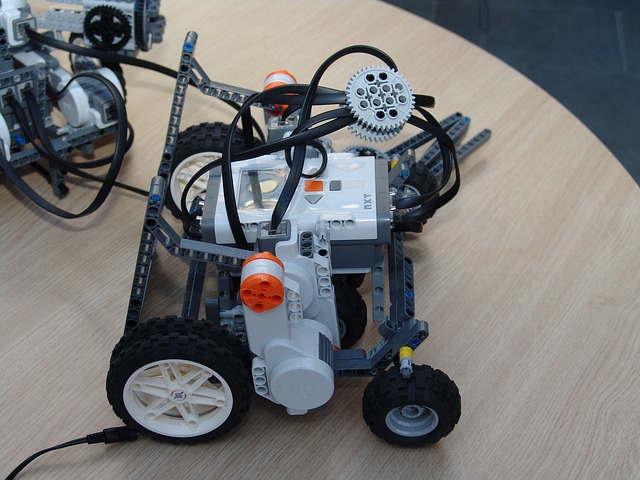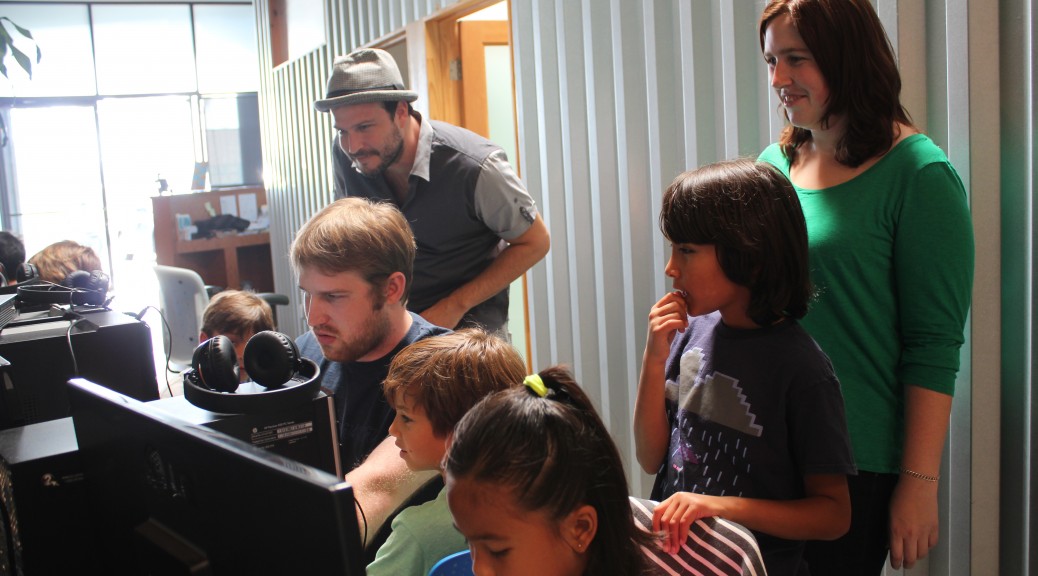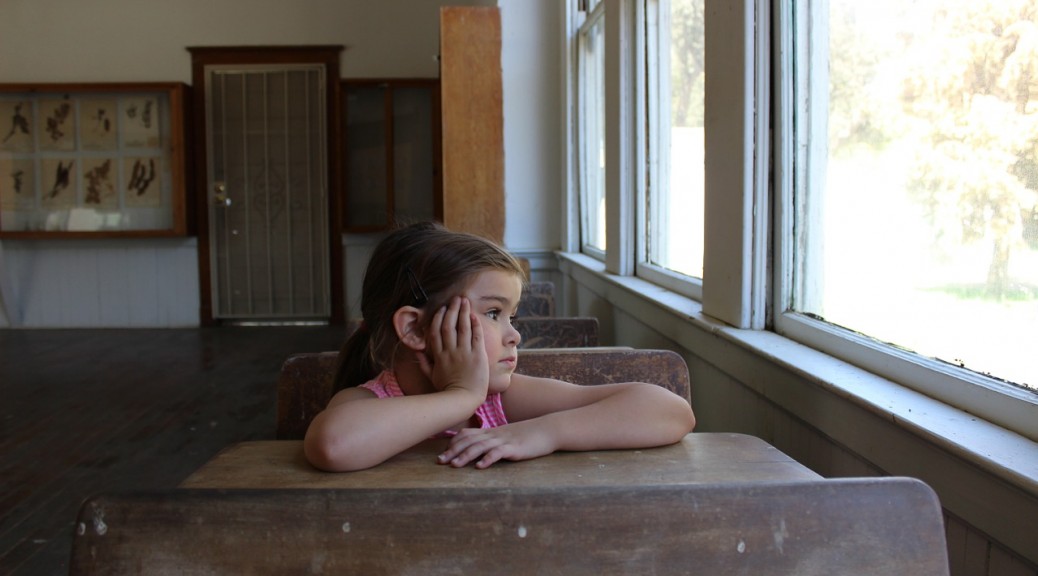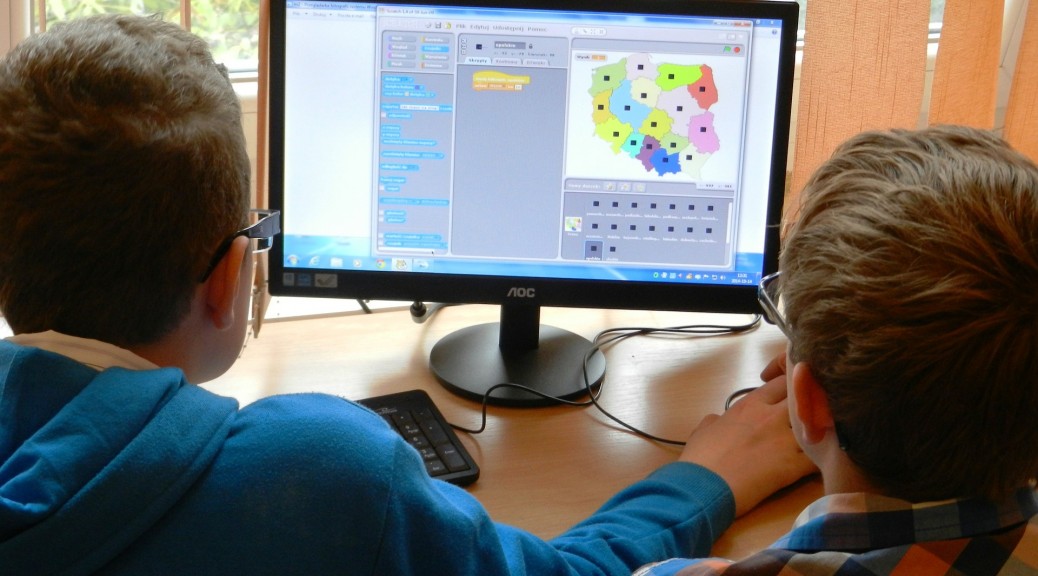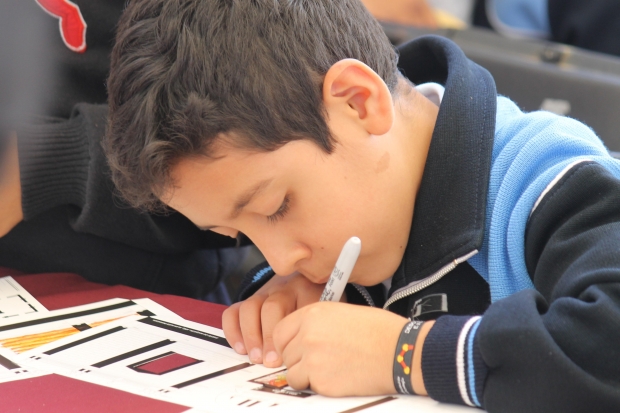Robotics and coding are excellent skills for any child to learn but this is especially true of kids with special needs. At CodeREV Kids, we’ve taught kids all age ranges how to get involved with coding and robotics. Here are some tips we came across on how to get special needs kids involved.
Start with short activities
Begin each lesson with basic actions to show them what robots are capable of. Use a single, simple behavior at first and give kids a small challenge to go along with it. One example is to teach a child who to make a robot turn left and then challenge them to make it turn around six times. You can introduce other behaviors similarly.
Use step-by-step prompts
One fun way to teach any kid robotics is to encourage them to use their own bodies to plan their programs. For example, they can get down to the robot’s perspective and act out the behaviors of the robot. They can then use step-by-step prompts to make the robot do what they want.
Take advantage of the think aloud model
The think aloud model is very useful when teaching kids to code. Essentially, you explain your thought process as you show the kids how to solve a challenge. Then let them talk out loud as they solve it themselves. This allows you to see how their mind works when solving challenges and gives you an easy way to step in and correct them at the exact moment they need help.
Set tasks for specific kids
One of the most important things is to design and modify tasks for specific kids. For example, you can use redundant text for kids who need additional help, can provide background information specific to each task so they’ll better understand it, add organization, or begin with very easy tasks and then very slowly add on until they can handle the difficult tasks.
If you want your kid to learn coding then CodeREV Kids is the company you want to work with. We offer a huge variety of classes, including flex-course classes that allow your kids to work at their own pace, as well as more structured classes. Do you need information on how your child could best start the process? Contact us today and let us help you understand the ways we’re here to teach your kids.

